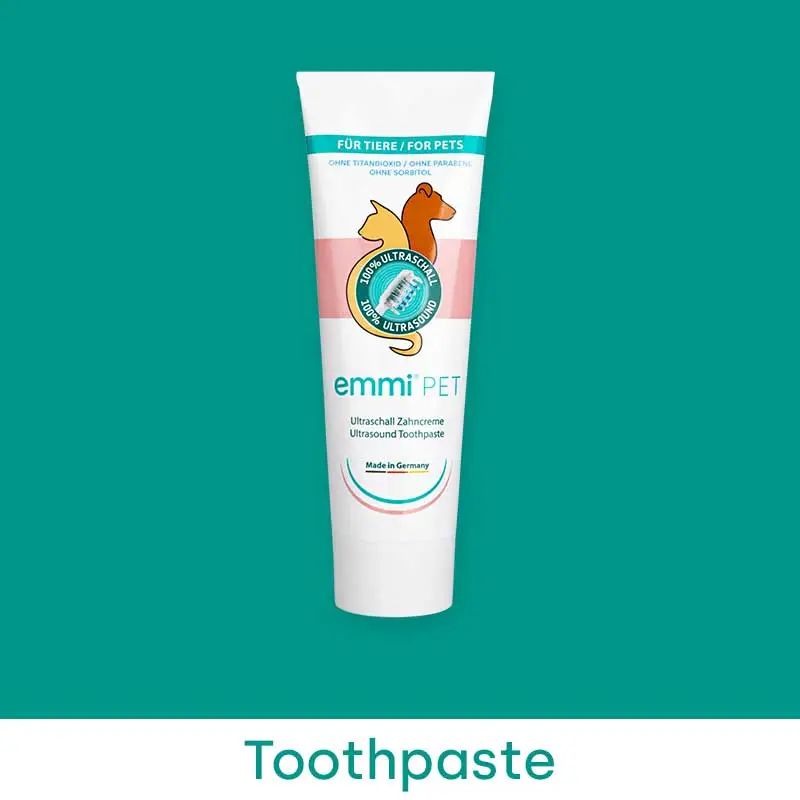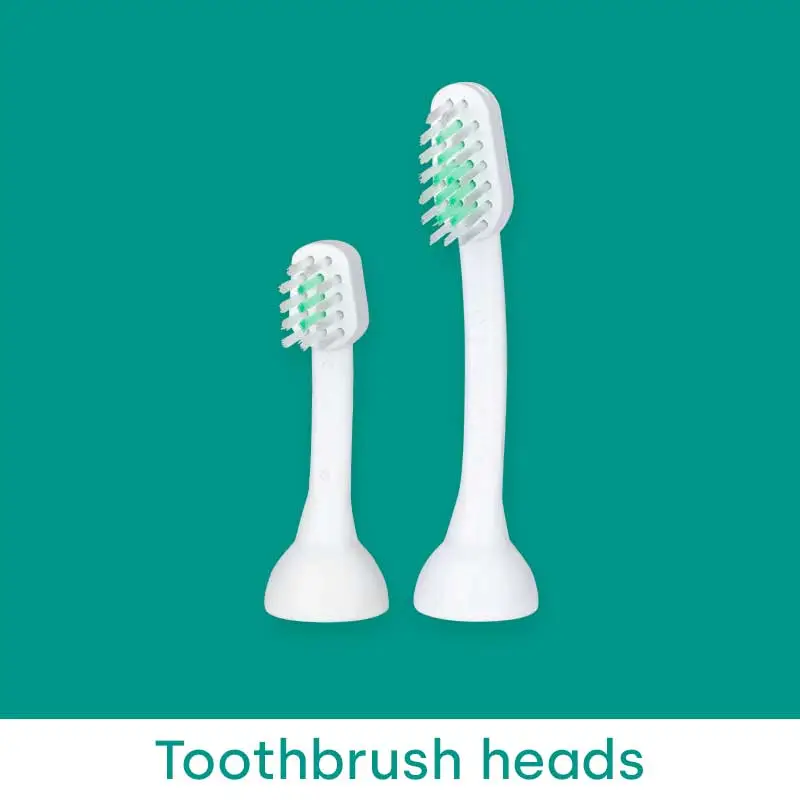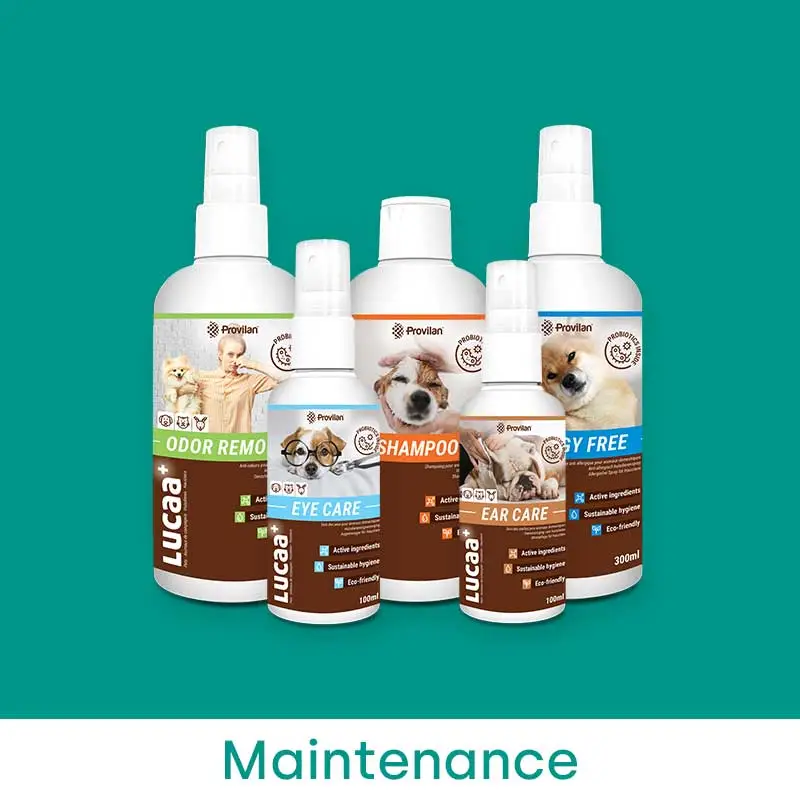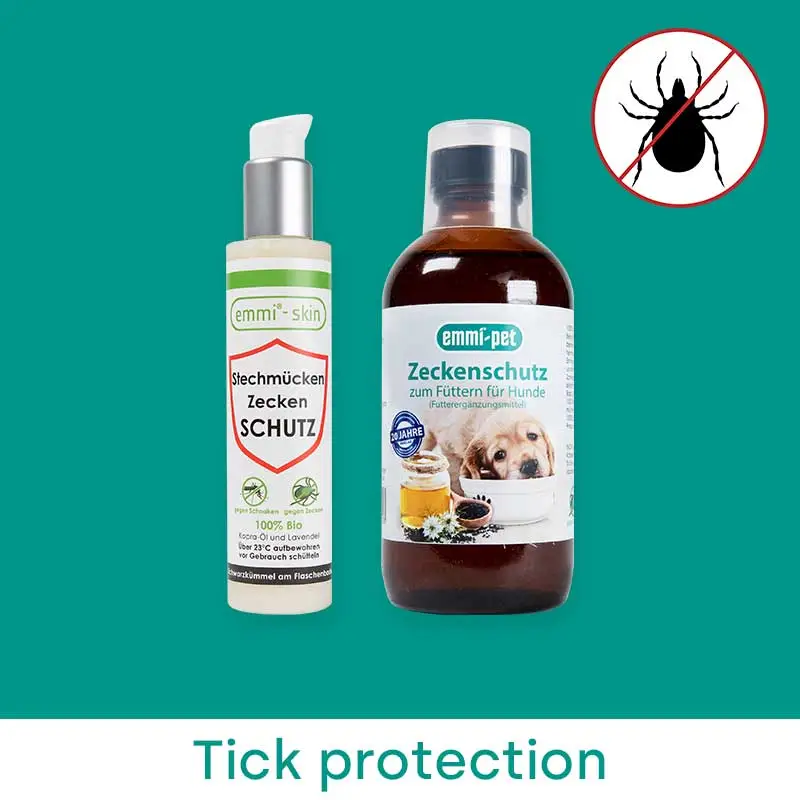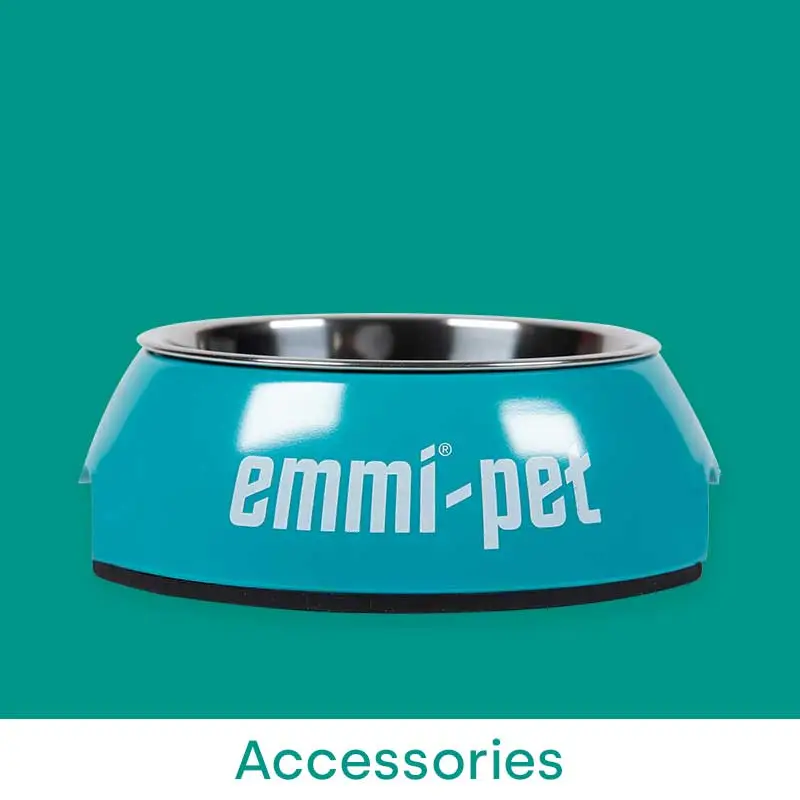
As a dog owner, you will no doubt be familiar with concerns about your four-legged friend's health. Parasites are a common threat that are not only unpleasant but can also be harmful to health. This article will provide you with valuable information and tips on how you can effectively protect your dog from parasites in the future and recognise any infestation at an early stage.
Types of parasites and their potential dangers
Parasites in dogs come in many forms, including External parasites like
- Fleas,
- Ticks and
- Lice,
as well as internal parasites like
- Worms.
Fleas can cause itching and allergic reactions, ticks are notorious for transmitting diseases such as Lyme disease, and worms can lead to a range of health problems, from mild digestive disorders to serious illnesses.
Preventive measures: The key to protection
The good news is that there are many preventative measures, medications and natural supplements you can give your dog to ward off pesky parasites. Regular use of flea and tick preventatives is one of the most effective ways to keep
- Fleas,
- Ticks,
- Tapeworms
away. These treatments are available from your vet in various forms, including spot-on solutions, tablets and even collars. If you would like to support your dog's tick defence in a natural way through their food, we recommend our high-quality black cumin oil as a food supplement.
How and when to apply preventive measures
It is important to apply the preventive measures regularly and in accordance with the instructions. The frequency of application may vary depending on the product and environment. Consult your vet to determine the most suitable product and application schedule for your dog. Otherwise, we have put together some tips for prevention and prevention for you below.
Further tips for prevention
- Keep your dog's environment clean and free from parasites. This includes regular washing of bed linen and toys.
- Check your dog regularly for ticks, especially after walks in woods or tall grass.
- Keep your garden pest free and avoid taking your dog to areas that are known to have high parasite populations.
As you can see, preventing parasite infestations in dogs requires regular care and attention. By using appropriate preventatives and following good hygiene practices, you can protect your dog from the unpleasant and potentially dangerous consequences of a parasite infestation. Remember to always seek advice from your vet if you have any questions or uncertainties. With the right measures, you can give your faithful companion a healthier and happier life.

